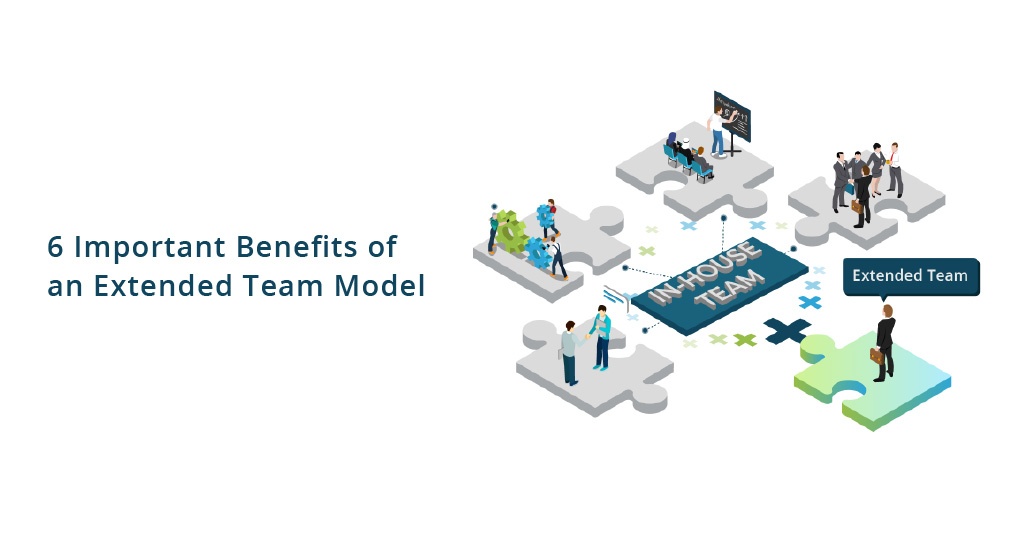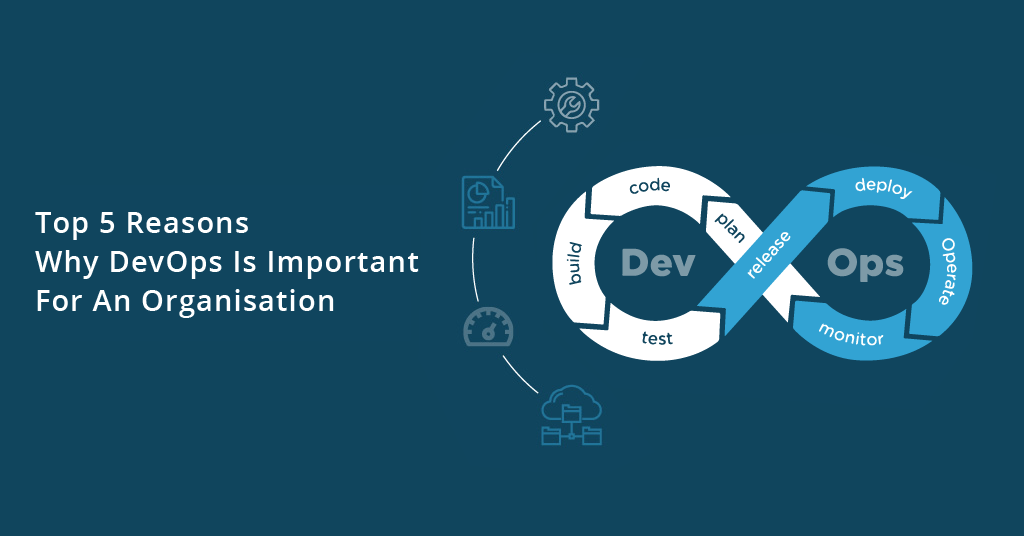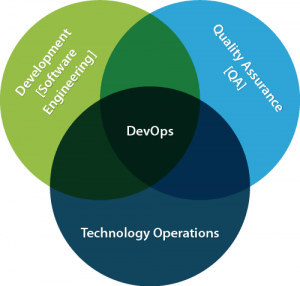What is Extended Team Model?
Extended Team Model (ETM) is a form of outsourcing strategy wherein the offshore in-house team is augmented or extended by a virtual team of developers. The key competency remains with the core in-house team and any skill gaps in the core staff are bridged by the extended team.
How ETM is different from other models?
- ETM complements the in-house staff, rather than replacing it. It is aimed at filling the gaps in expertise of the core team to enhance its overall potential.
- The responsibilities are distributed evenly among all team members in the in-house and offshore team. All the team members are equally responsible for the success of the project.
- It’s not necessary that the extended team is dissolved after the project is completed, rather they may be considered for long-term collaboration.
Key Benefits of ETM
1. Efficient team work
Extended Team model enables dynamic development process and the team has greater synchronisation since all the team members are on the same page. The team members directly communicate with each other, and this eliminates the middlemen, resulting in streamlined communication.
2. Increased transparency and control
The company has complete control over the processes as the extended team is incorporated into the in-house team. The teams share unified repositories for source code control and bug tracking, which gives the client or the product owner complete transparency and updated information on the project development.
3. Shared accountability
Increased synchronisation between the teams leads to shared responsibility and accountability for the overall quality of the project and promotes a collaborative approach.
4. Improved scalability and agility
ETM allows the company to scale the team depending on the current project needs, without having to deal with recruiting and other administrative work. It helps to add team members, while enabling the company to focus on its core business needs. At the same time, it enables the project teams to respond better to changing customer needs, hence improving the agility of the project team.
5. Best talent and motivated developers
The developers are assigned to the project full-time and the team members are highly motivated, working towards a common goal.
6. Cost savings
Adopting ETM results in substantial cost savings for the company, as it helps to choose from an international resource pool according to the desired skills and rates. It also avoids spending effort, money and time in the continuous recruiting and training of staff.
Thus, ETM provides an easy start with high scalability and enhanced effort cohesion in the team, as well as a faster time-to-market for new products. However, this model requires good and clear communication between the team members and the various communication channels must be identified and kept open always.
When should you consider ETM?
- It is the most convenient option when your own in-house team already has developers, but there are some limitations in the in-house talent pool.
- Ongoing projects that expand gradually over time and substantial manpower is required to maintain.
- Long-term projects with an evolving set of requirements wherein the required technologies are not available.
- Projects which have secondary projects within them, and you prefer the extended team to work on the secondary projects, so that the in-house team focuses on the main project in core business.
Is Extended Team a good option?
Extended Team Model can be considered as a reliable go-to outsourcing model when you want to scale your in-house team of developers efficiently. We, at AgilizTech, can help you to expand your team with a hassle-free setup and take care of all operational tasks.









